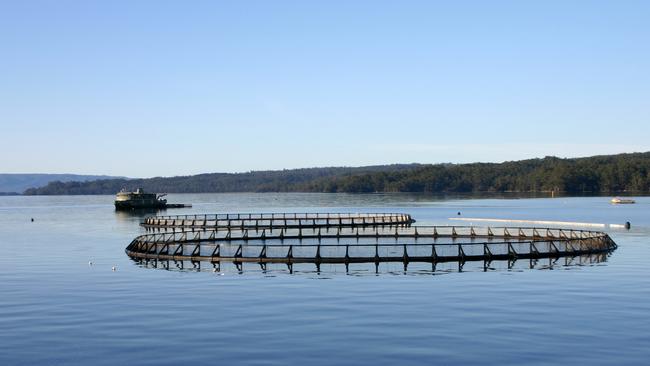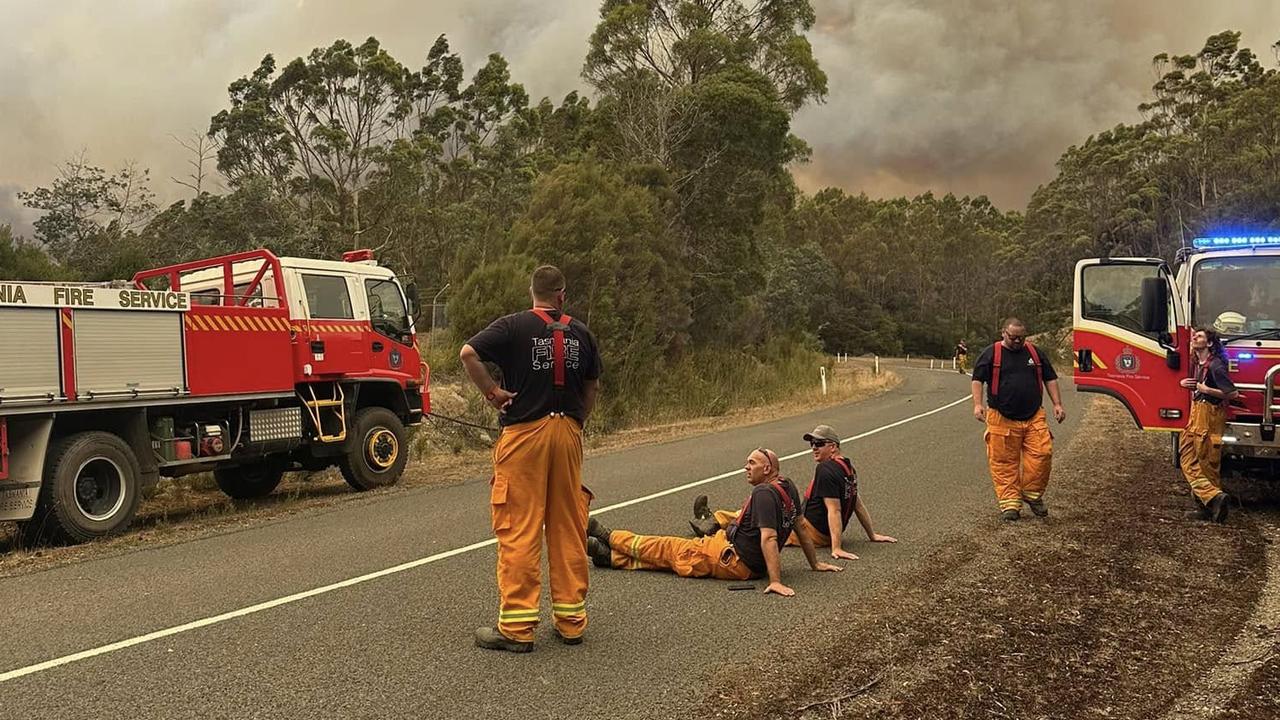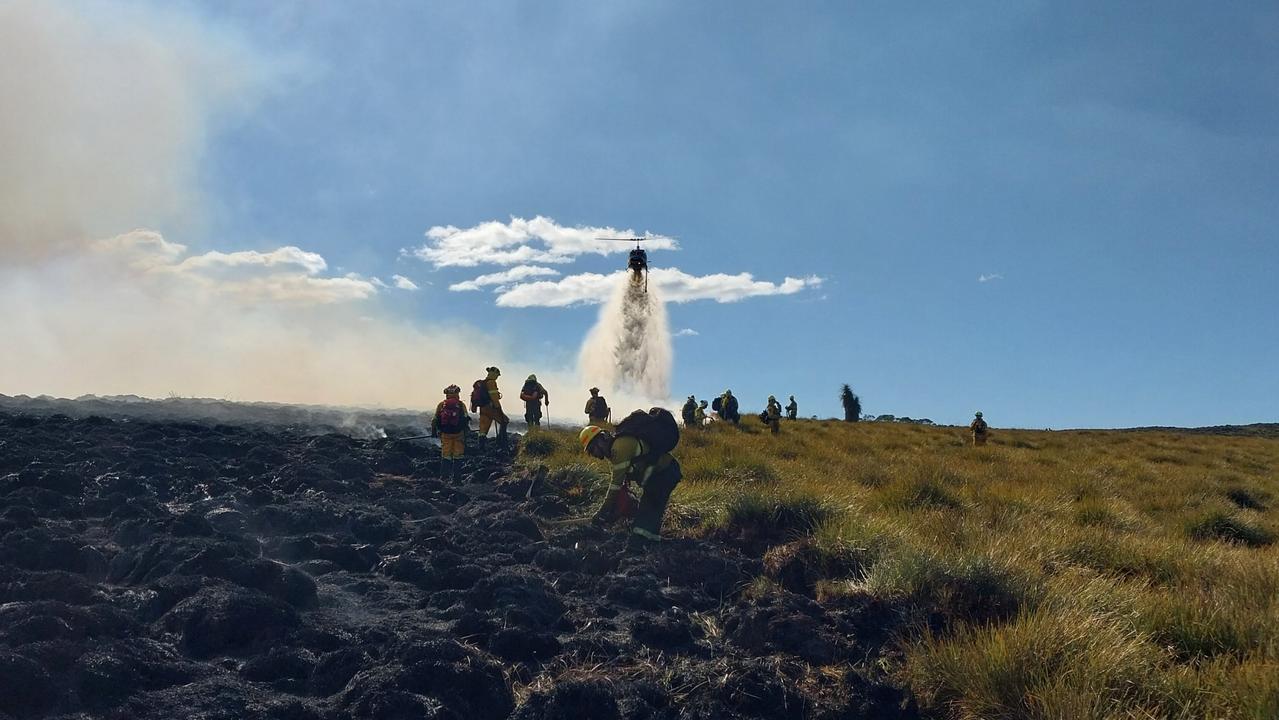Macquarie Harbour salmon farmers may be hit with new rules
MACQUARIE Harbour salmon farmers may face new rules on the back of fresh data which shows water oxygen levels are low and the harbour bed polluted.

AUTHORITIES may clamp down on Macquarie Harbour’s salmon farmers on the back of fresh data which shows water oxygen levels are low and the bottom of the harbour is polluted with waste.
The Environment Protection Authority says Tasmania’s salmon farmers could face new management rules and lower stocking levels if director Wes Ford decides more action is needed to protect the West Coast harbour.
Mr Ford said monitoring had shown dissolved oxygen levels in the harbour were very low and the situation was being monitored.
“I will determine whether further management action is required, beyond that of my current directions to the companies,” Mr Ford said.
“Water quality monitoring data, collected by the EPA, industry, IMAS and the CSIRO through separate monitoring programs, shows that the low level of dissolved oxygen in the deeper parts of the harbour has continued for much of the year and is some areas the dissolved oxygen has dropped to very low levels.
“The data collected over the next few months will be critical in informing management decision taken by the three companies which farm in the harbour and determine stocking levels for 2017.”
Marine farming licences require the three Tasmanian companies which operate in the harbour — Petuna Seafoods, Huon Aquaculture and Tassal — to undertake regular visual monitoring of the benthic, or bottom of the harbour, habitat with underwater vehicles mounted with cameras.
Mr Ford said recent surveys had shown four lease sites had “significant visible impacts”. He has written to the lease holders advising them to reduce the impact of particulate waste.
“This will require targeted fallowing of the affected lease areas, site management plans to be submitted and sediment condition to be reassessed prior to any proposed restocking,” he said.
Mr Ford said all three companies had reduced their fish stock and the total biomass for this financial year would be less than the harbour’s approved cap.
Tassal said the EPA’s actions were testimony to the robustness of the existing regulation and science underpinning the aquaculture industry.
“We confirm that one of those leases with benthic (bottom of the harbour) compliance issues is Tassal’s Franklin lease. We also confirm that Tassal is farming within its allocated maximum allowable biomass across all its leases in Macquarie Harbour,” the company said.
“Macquarie Harbour is a difficult system to predict and early warnings through extended compliance monitoring and increased monitoring frequency has allowed Tassal to react responsibly and swiftly to the changing environment.”
The company said the benthic noncompliances were due to the extended period of low dissolved oxygen in the water.
“Low DO in bottom water slows down the assimilation of salmon waste,” Tassal said.
Originally published as Macquarie Harbour salmon farmers may be hit with new rules



